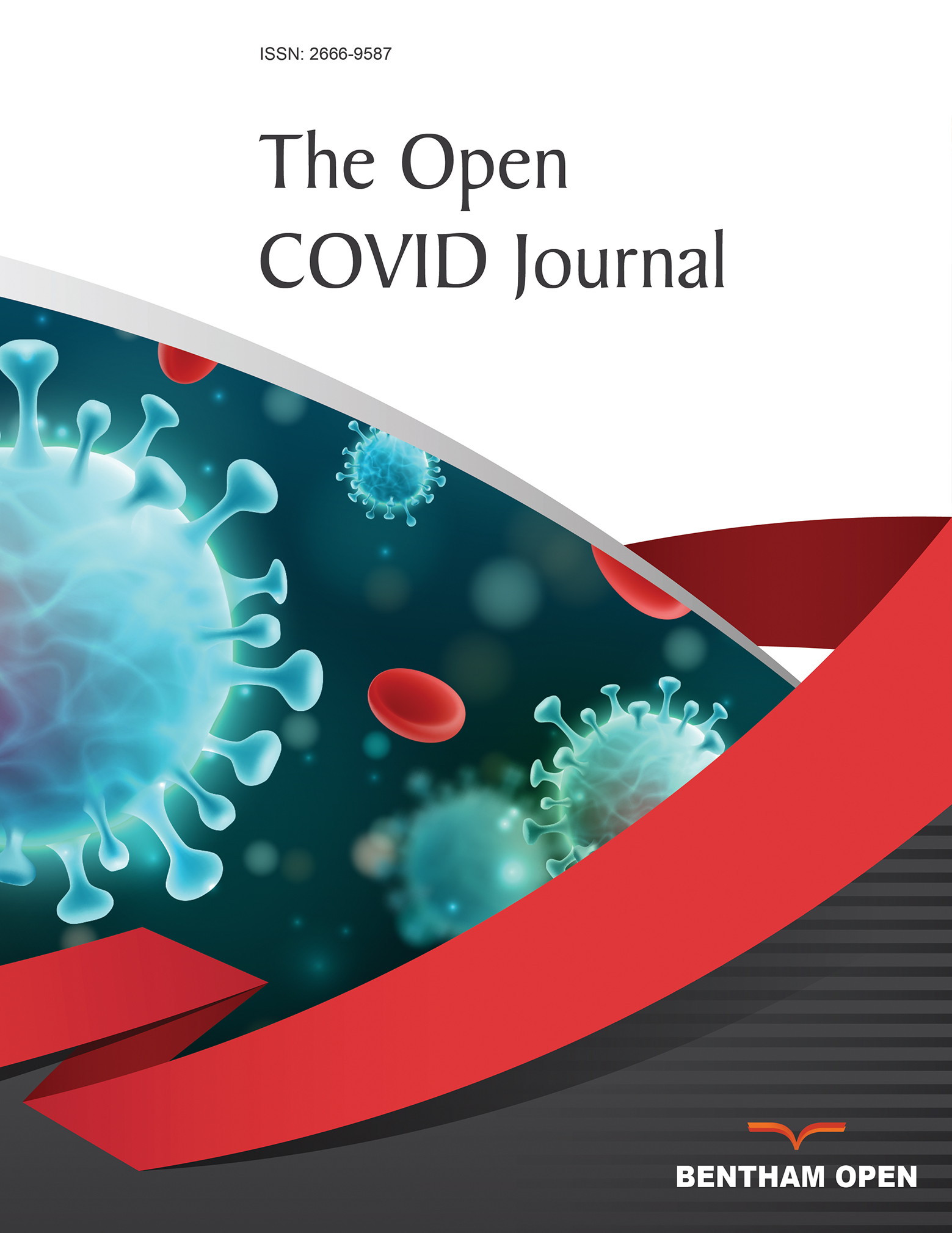All published articles of this journal are available on ScienceDirect.
A Negative History of Epidemiologic and Demographic Factors Associated with High Numbers of Covid-19 Deaths
Abstract
Background:
Substantial differences between countries have been observed in terms of Covid-19 death tolls during the past two years. It is of interest to find out how the epidemiologic and/or demographic history of the population may have had a role in the high prevalence of the Covid-19 in some countries.
Objective:
This observational study aimed to investigate possible relations between Covid-19 death numbers in 39 countries and the pre-pandemic history of epidemiologic and demographic conditions.
Methods:
We sought the Covid-19 death toll in 39 countries in Europe, America, Africa, and Asia. Records (2019) of epidemiologic (Cancer, Alzheimer's disease) and demographic (natality, mortality, and fertility rates, percentage of people aged 65 and over) parameters, as well as data on alcohol intake per capita, were retrieved from official web pages. Data were analysed by simple linear or polynomial regression by means of Microsoft Excell software (2016).
Results:
When Covid-19 death numbers were plotted against the geographic latitude of each country, an inverted bell-shaped curve was obtained for both the first and second years (coefficient of determination R2=0.38) of the pandemic. In a similar manner, inverted bell-shaped curves were obtained when latitudes were plotted against the scores of cancer plus Alzheimer's disease (R2 = 0,65,), the percentage of advanced age (R2 = 0,52,), and the alcohol intake level (R2 = 0,64,). Covid-19 death numbers were positively correlated to the scores of cancer plus Alzheimer's disease (R2= 0.41, P= 1.61x10-5), advanced age (R2= 0.38, P= 4.09x10-5), and alcohol intake (R2= 0.48, P= 1.55x10-6). Instead, bell-shaped curves were obtained when latitudes were plotted against the birth rate/mortality rate ratio (R2 = 0,51) and the fertility rate (R2 = 0,33). In addition, Covid-19 deaths were negatively correlated with the birth rate/mortality rate ratio (R2= 0.67) and fertility rate (R2= 0.50).
Conclusion:
The results show that the 39 countries in both hemispheres in this study have different patterns of epidemiologic and demographic factors, and that the negative history of epidemiologic and demographic factors of the northern hemisphere countries as well as their high alcohol intake were very correlated with their Covid-19 death tolls. Hence, also nutritional habits may have had a role in the general health status of people in regard to their immunity against the coronavirus.


